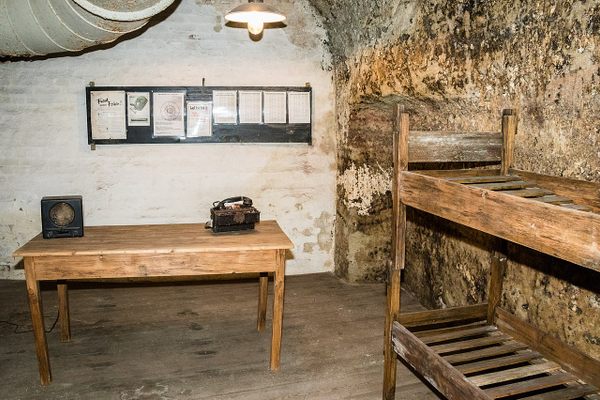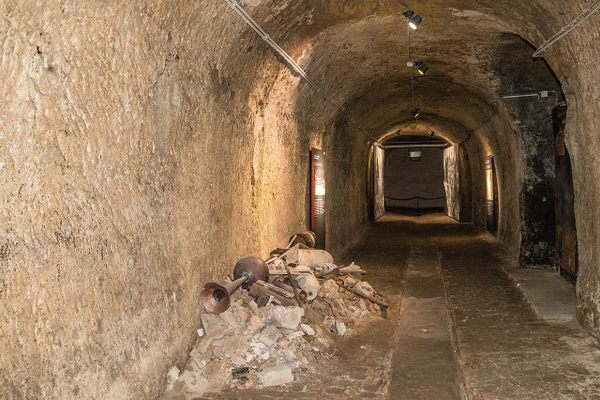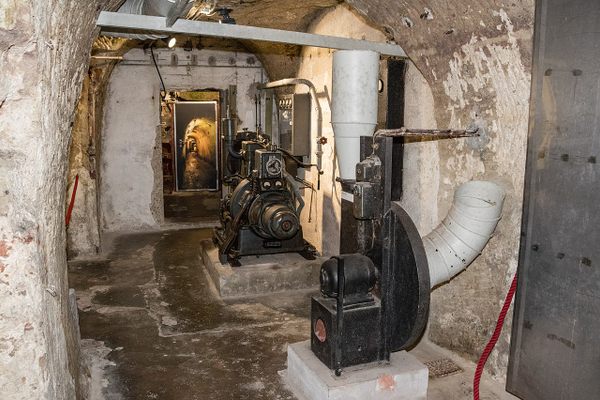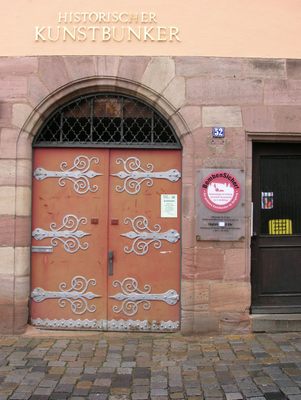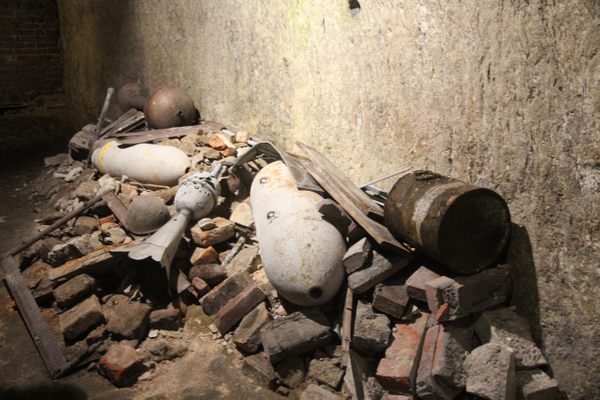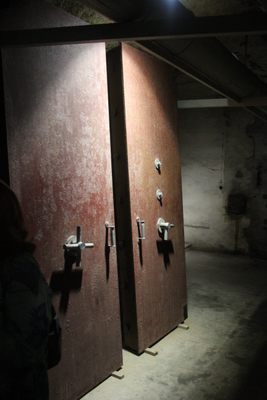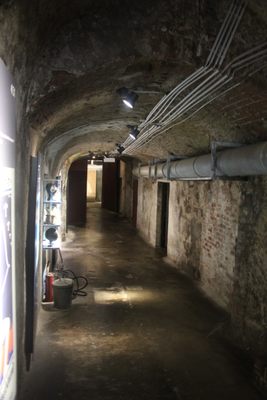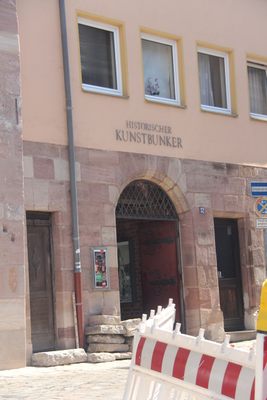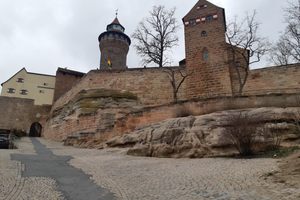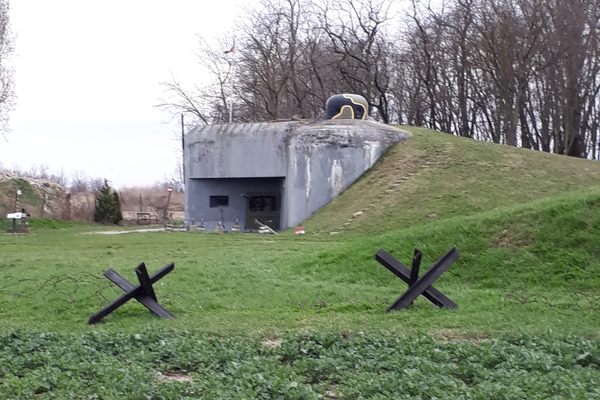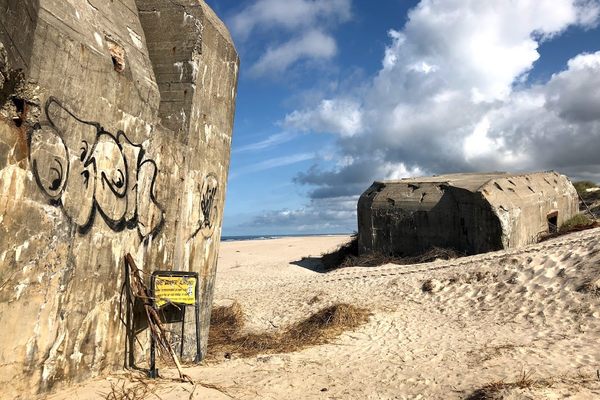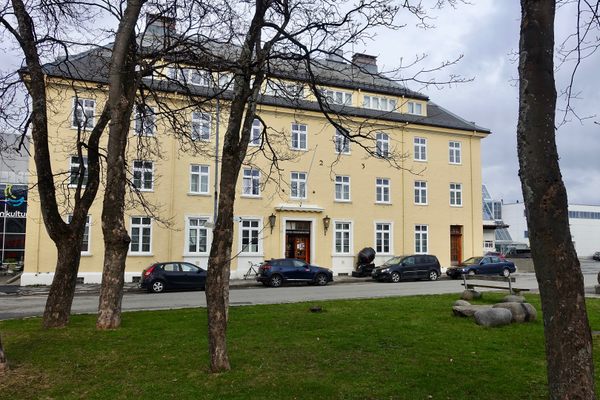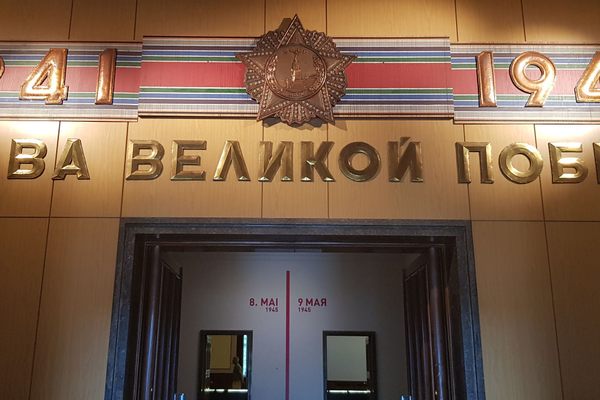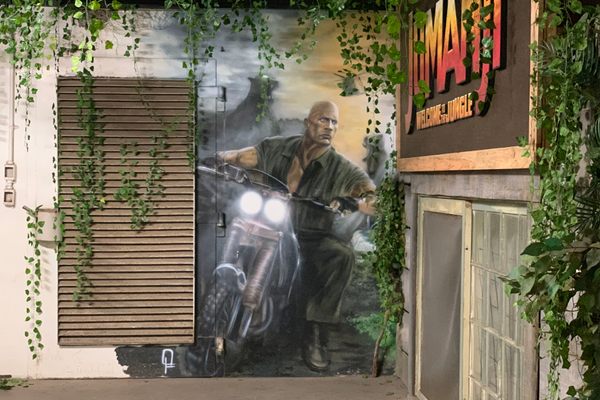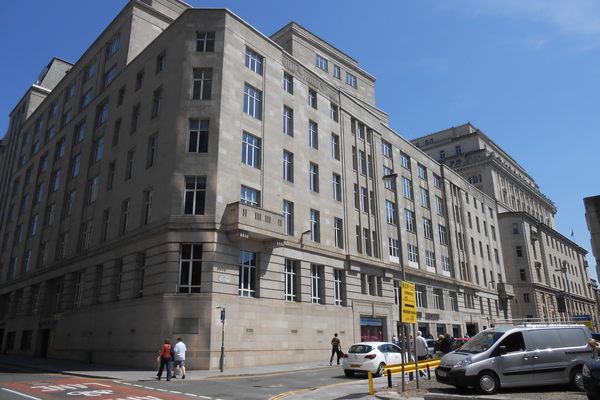About
The Historischer Kunstbunker (Historic Art Bunker) in Nuremberg, Germany is a preserved bunker where the Nazis once kept stolen art and artifacts. The legendary Amber Room was once suspected to be in the bunker complex, which was built up to 78 feet below the Imperial Castle.
During World War II, art theft and looting took place on a massive scale. As Nazi tyranny spread across Europe, the Germans and their collaborators persecuted and murdered millions of other people seen as biologically inferior or dangerous. The Nazi Party also systematically looted the territories they occupied. Military units known as the Kunstschutz (art protection) led the plundering of currency, precious metals, and significant cultural items including paintings, ceramics, books, and religious artifacts. The collections of prominent Jewish families were targeted for confiscation. Over the course of the war, the Third Reich amassed hundreds of thousands of cultural objects.
The Nazis expected to win World War II quickly, based on their results in Poland. When that didn’t happen, one of the many underground beer cellars was converted into storage for priceless artwork from both Germany and conquered nations. The tunnel complex was originally built in the Middle Ages, and in 1940 was renovated to protect the stolen artworks from Allied air raids. The Nazis added bomb-proof doors and climate control to ensure that artwork would survive bombings.
The catalogued collection included the orb and scepter of the Viennese government, a carved altarpiece from a church in Poland, the Behaim terrestrial globe, the imperial regalia of the Holy Roman Empire, and much more.
An estimated 20 percent of the art in Europe was looted by the Nazis during World War II. The Allied Forces created special commissions, including the Monuments, Fine Arts and Archives organization (also known as the Monuments Men) to help protect famous European monuments from destruction. After the war, these commissions were tasked with uncovering Nazi art repositories like the Kunstbunker. While many pieces have been returned to their rightful owners, thousands of pieces are still unaccounted for today.
Related Tags
Know Before You Go
The bunker is daily opened for guided tours. Consider bringing a jacket, it’s about 55 to 60 degrees (13C to 15C) in there.
Community Contributors
Added By
Published
July 4, 2019
Sources
- https://www.nordbayern.de/region/nuernberg/platz-fur-schatze-historischer-kunstbunker-unter-der-kaiserburg-1.5723078?searched=true
- https://tourismus.nuernberg.de/en/discover/museums/museums-of-city-local-history/location/historic-art-bunker/
- https://tourismus.nuernberg.de/en/discover/museums/museums-of-city-local-history/location/historic-art-bunker/
